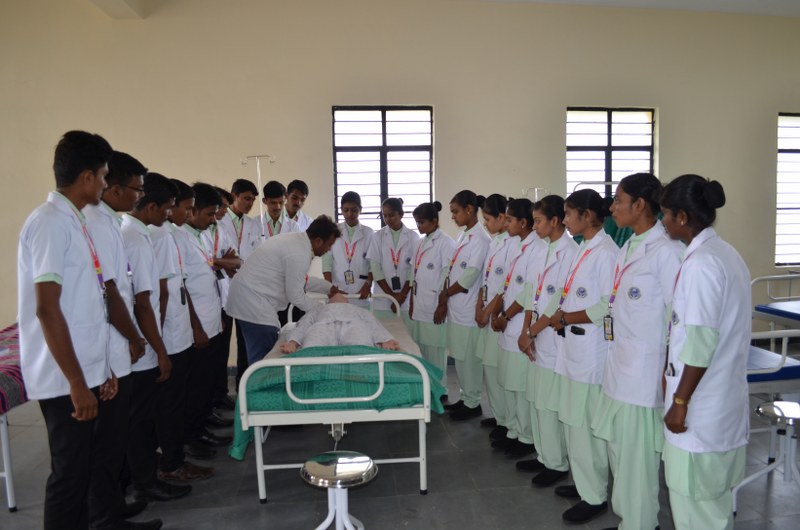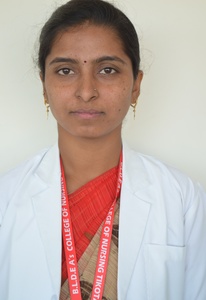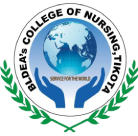Home > Academics > Departments
Department of Nursing Foundation

The Department of Nursing Foundation features a state-of-the-art lab equipped with a range of mannequins, including CPR training models. In this lab, students receive hands-on instruction in essential nursing practices and are introduced to various biological and behavioral sciences. Skilled professionals demonstrate proper patient care techniques and effective methods for addressing a wide range of health conditions
Vision
We are committed to engaging all nursing students by delivering high-quality, compassionate care and cultivating a supportive work environment. Our goal is to encourage and facilitate professional growth and development, ensuring that each student is well-prepared for success in their nursing career.
Objectives
Learn about the various roles and responsibilities of nurses in different healthcare settings.
Understand the scope of practice and professional standards in nursing.
Enhance problem-solving skills and decision-making abilities in patient care.
Apply critical thinking to assess patient needs, plan care, and evaluate outcomes.
Gain proficiency in fundamental nursing skills such as vital signs measurement, patient hygiene, and basic wound care.
Learn techniques for safe patient handling and mobility.
Develop skills for clear and compassionate communication with patients, families, and healthcare team members.
Understand the importance of documentation and accurate record-keeping.
Learn to provide care that respects and responds to individual patient preferences, needs, and values.
Understand how to support patients in managing their own health and well-being.
Faculty Members
| Sl no | Name of the faculty | Designation | Photo | Profile |
| 1. | Mr. Iranna Nippani | Lecturer and HOD |  |
View Profile |
| 2. | Mrs. Ranubai Suryavanshi | UG Nursing Tutor |  |
View Profile |

